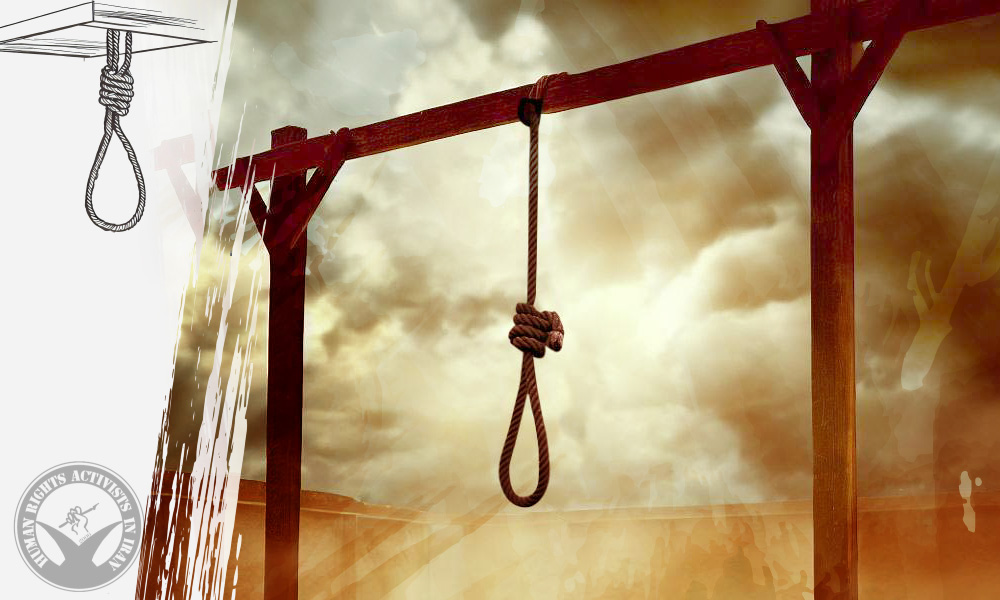HRANA News Agency – Fatemeh Sepehri and Mohammad-Hossein Sepehri, political prisoners held in Vakilabad Prison, Mashhad, were charged yesterday, January 27, in connection with a new case opened against them.
Ali Sepehri, their brother, announced that the charges were brought by Branch 905 of the Mashhad Public and Revolutionary Prosecutor’s Office. The siblings are accused of “insulting the Supreme Leader of Iran” and “propaganda against the regime.” The charges reportedly stem from a letter recently published by the two prisoners.
Background on Arrests and Sentences
Fatemeh Sepehri was arrested in September 2022, and Mohammad-Hossein Sepehri in September 2023, both by security forces.
Fatemeh Sepehri has faced multiple convictions. She was sentenced to:
- 10 years imprisonment for “collaboration with hostile governments,”
- 5 years for “assembly and collusion,”
- 2 years for “insulting the Supreme Leader,” and
- 1 year for “propaganda against the regime.”
These sentences were upheld by the appeals court, with the 10-year sentence enforceable under Article 134 of the Islamic Penal Code. In February 2023, the Mashhad Criminal Court also sentenced her to 1 year in prison and a fine of 20 million tomans for “spreading falsehoods and disturbing public opinion.”
Additionally, in June 2023, Fatemeh Sepehri, alongside her brothers Mohammad Hossein and Hossein Sepehri, was sentenced to 18 years and 6 months in prison in a joint case. Mohammad Hossein Sepehri received an 8-year sentence in this case.
Fatemeh Sepehri is also known as one of the signatories of an open letter calling for the resignation of Ayatollah Ali Khamenei. For this, she was initially sentenced to 5 years imprisonment by Branch 4 of the Mashhad Revolutionary Court, later reduced to 3 years and 6 months on appeal. In early 2020, she was conditionally released for 5 years.
Additional Developments
In late November 2023, the Mashhad Education Department issued an order dismissing Mohammad-Hossein Sepehri from his teaching position, which was officially conveyed to him in Vakilabad Prison. In September 2024, Branch 25 of the Administrative Justice Court upheld his dismissal.
Both siblings have a history of arrests and convictions due to their political activities.













